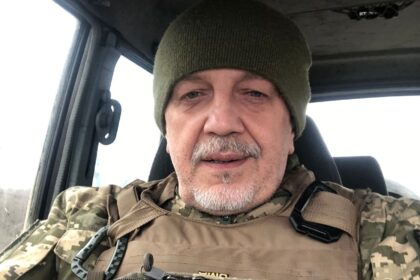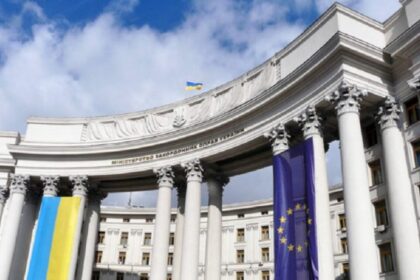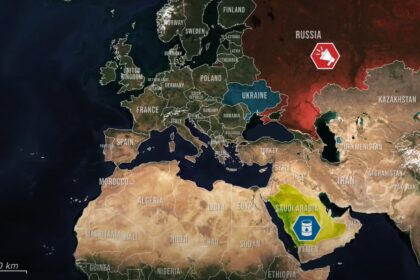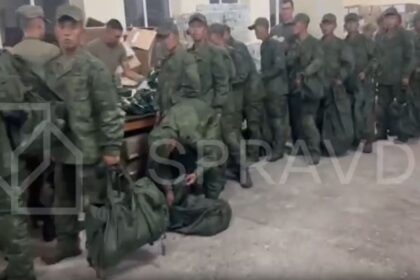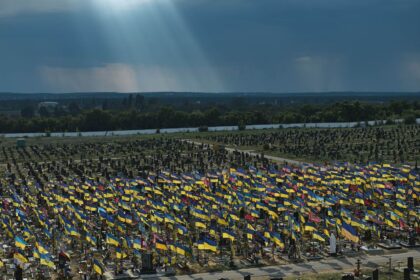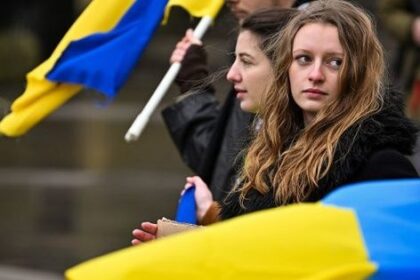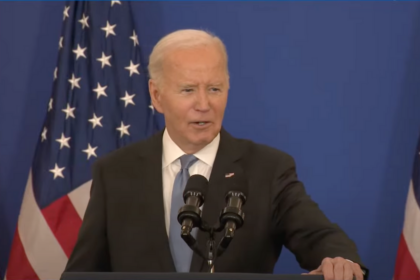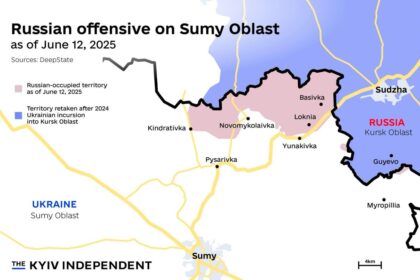**Romania Holds Presidential Election Amid Concerns Over Far-Right Candidate**
Tomorrow, May 5th (although the article states May 4), Romanians will head to the polls for the first round of a presidential election that could bring far-right candidate George Simion to power. The vote comes after the annulment of the previous first round held in November 2024, which was won by populist Calin Georgescu.
**A Controversial Candidate**
Georgescu’s victory was invalidated due to evidence of social media manipulation and foreign interference. He had openly promoted conspiracy theories and voiced strong support for Russia, calling Ukraine a “fictional state” and predicting its partition as “inevitable.” The decision to annul the election was met with a strong reaction from the international community, including U.S. Vice President JD Vance.
**Vance’s Rebuke**
In February, Vance condemned Romania’s decision, saying that if democracy can be destroyed with a few hundred thousand dollars of digital advertising from a foreign country, then it wasn’t very strong to begin with. His comments sparked a stir within the country’s political establishment, which relies heavily on its close ties with Washington.
**Disqualified and Now Out**
Despite the backlash, Georgescu remained disqualified from participating in the May 4 vote. Instead, voters will choose from among 11 candidates, including Simion, who leads a party opposed to sending weapons to Ukraine and against transferring Romanian Patriot air defense systems to Kyiv.
**A Two-Horse Race?**
Pre-election surveys show Simion leading with roughly 30% support, far short of the 50% required to avoid a runoff. The second round is scheduled for May 18 between the top two finishers, who are likely to be pro-Western centrists Crin Antonescu and Nicusor Dan.
**A Crucial Vote**
For Romania, a NATO member bordering Ukraine, this election is crucial. Both Antonescu and Dan support continued membership in the EU and NATO, as well as aid to Ukraine. The outcome will likely have significant implications for the country’s foreign policy and its relationships with its neighbors.
Read More @ kyivindependent.com





